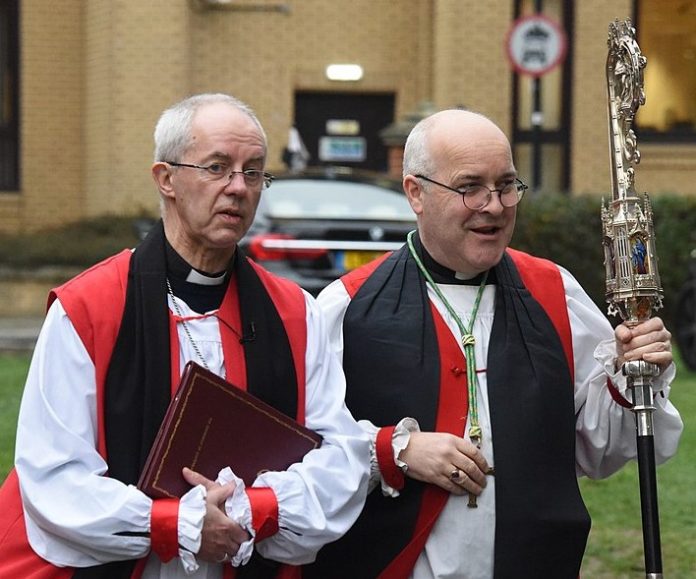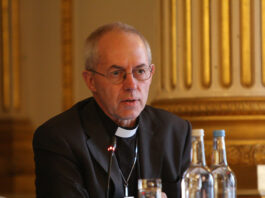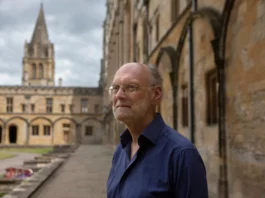A new Archbishop of Canterbury must be found swiftly, for the church cannot afford to be leaderless for long
The church must “kneel in penitence”, said the Most Rev Stephen Cottrell, Archbishop of York, in his Christmas sermon. This was a scarcely obscure allusion to failures of safeguarding in the Church of England. These prompted the resignation of the Most Rev Justin Welby as Archbishop of Canterbury last month. Mr Cottrell is due to temporarily take on Mr Welby’s duties on January 6, pending the appointment of a new archbishop to the See of Canterbury. The crisis of leadership in the church has created a vacuum in the spiritual life of the nation and the worldwide Anglican communion.
An independent inquiry into the historic abuse of more than 100 boys by John Smyth, an influential evangelical, judged that Mr Welby “could and should” have reported Smyth to the police in 2013. That finding, published last month, rendered Mr Welby’s loss of authority irrevocable and his resignation inevitable. Yet Mr Cottrell, as his interim successor, is now mired in scandal too.
When he was Bishop of Chelmsford, Mr Cottrell twice reappointed as area dean of Essex a serial abuser of young girls. This man, David Tudor, had previously been banned from the ministry for five years and sentenced to jail for six months, though the conviction was quashed on a technicality. Mr Cottrell knew of the history, yet Tudor was suspended only after a new complaint by a woman prompted a police investigation in 2019.
The crisis has hit an institution already in decline. The church has trumpeted rising attendance since the pandemic, but this merely represents a partial recovery from a radical collapse. Over the long term the numbers are disastrous: attendance has almost halved since the beginning of the century. If the current rate of decline continues, the church will all but disappear within a couple of decades. Congregations are getting older. The average age of regular churchgoers rose from 45 in 2011 to 51 in 2021.
The church’s internal struggles contribute to a sense of malaise. It is split on the issue of gay marriage, with the institution’s move towards a more liberal position meeting passionate opposition from some clerics. Evangelicals say the Synod’s decision this year to go ahead with blessings for same-sex couples in standalone services, rather than just as part of regular services, will elicit the creation of a separate, more conservative wing within the church which refuses to follow the leadership. Mr Welby has failed to bring together an institution which some believe will eventually be torn apart by this schism.
The best that can be said for the current state of the Church of England is that the scandals within it are not on the scale of those that have racked the Roman Catholic Church for several decades. But the Church of England matters more to this country than any other religious institution. As the established church it possesses a constitutional significance, to which the King’s coronation by the Archbishop of Canterbury was testimony. With 26 bishops in the House of Lords, it will continue to have a political role while the upper house remains unreformed. And it is custodian to much of the nation’s heritage.
For the church to recover its morale and reputation, it needs new leadership, and it needs it soon. Sir Keir Starmer has given the job of finding a new Archbishop of Canterbury to Jonathan Evans, the former head of MI5, the security service. The process is expected to take six months.
That is too long. With Mr Cottrell as well as Mr Welby under a cloud, the church is in effect rudderless. While Lord Evans will have to be certain that his preferred candidate has a clean record, he needs to accelerate the process of finding a new incumbent as Archbishop of Canterbury with a blameless past and a vision for the future. Without a powerful new leader, an institution so damaged may be doomed to crumble further.



